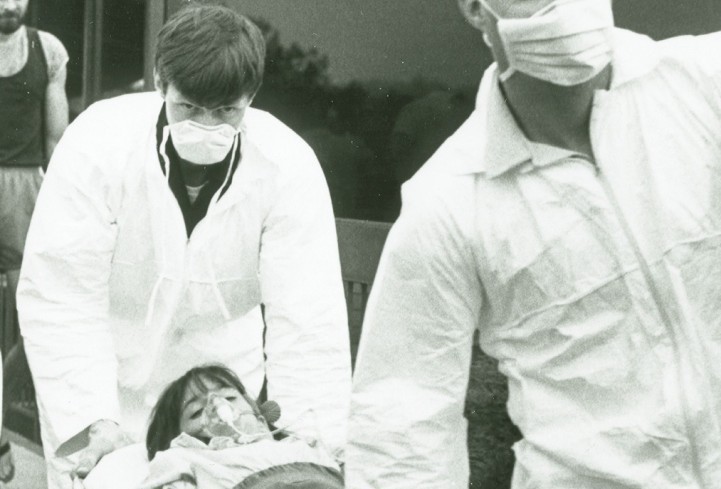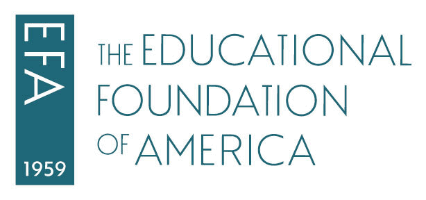
Chemical Valley
- Mimi Pickering and Anne Lewis
- 1991
 Color
Color- 57:37
- 3/4" U-matic video
Film Description
On Dec. 3, 1984, the worst industrial accident in history occurred when a toxic gas known as MIC leaked from a Union Carbide pesticide plant in Bhopal, India, killing at least 3,500 people and permanently disabling 50,000. The tragedy in Bhopal brought international attention to the predominantly African-American community of Institute, West Virginia, site of the only Union Carbide plant in the United States that manufactured MIC. Chemical Valley begins with Bhopal and the immediate response in the Kanawha Valley, an area once dubbed by residents “the chemical capital of the world," following events in the valley over the next five years as lines are drawn and all sides heard in the debate between those who fear for their livelihood and those who fear for their lives. Chemical Valley explores issues of job blackmail, racism, and citizens’ right to know and to act as it documents one community’s struggle to make accountable an industry that has all too often forced communities to choose between safety and jobs.Screenings & Festivals
- PBS National Broadcast on“P.O.V.”
- American Film Festival
- CINE, Finalist
- Women in Film Festival/American Film Institute
Not yet preserved.
To support the work of preserving and safeguarding the collections, please consider designating a donation to Appalshop Archive.
Reviews
“If a picture is worth a thousand words, Chemical Valley is worth millions. It accurately portrays the air pollution horrors, as well as the arrogance, of industry.” — West Virginia Environmental Council
“Ultimately Chemical Valley is about freedom of information: why we need it, how to get it, how to interpret it. It is also a powerful exposition of how women cope with threats to families, job, health, and communities, even when most of the people defining the issues happen to be men.” — Appalachian State University
“A film put together with skill and clarity. Remarkable interviews, sense of place, and pacing throughout. Integrity and intelligence of exceptional quality.” — American Film Festival
“A compelling case study in the environmental racism that marks the distribution of environmental costs and benefits in our society.” — Kentucky Resources Council















